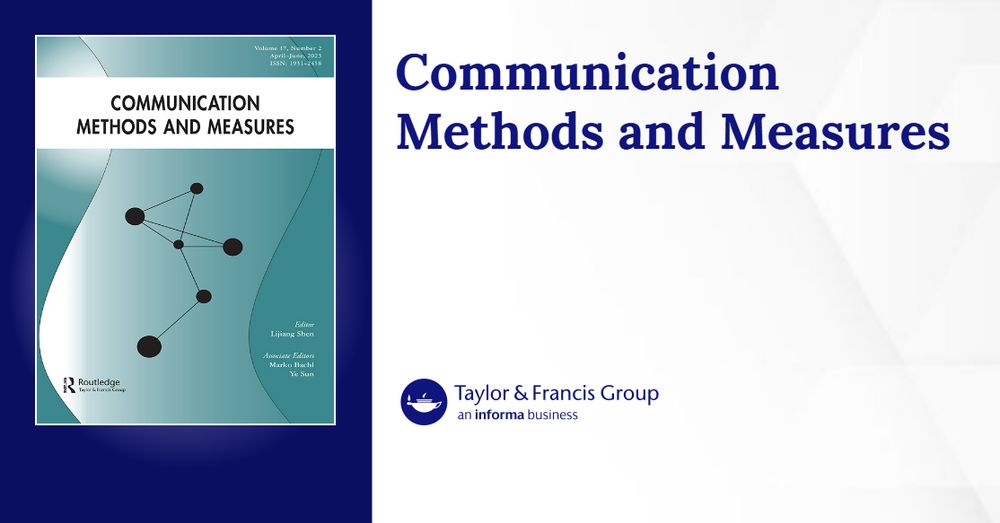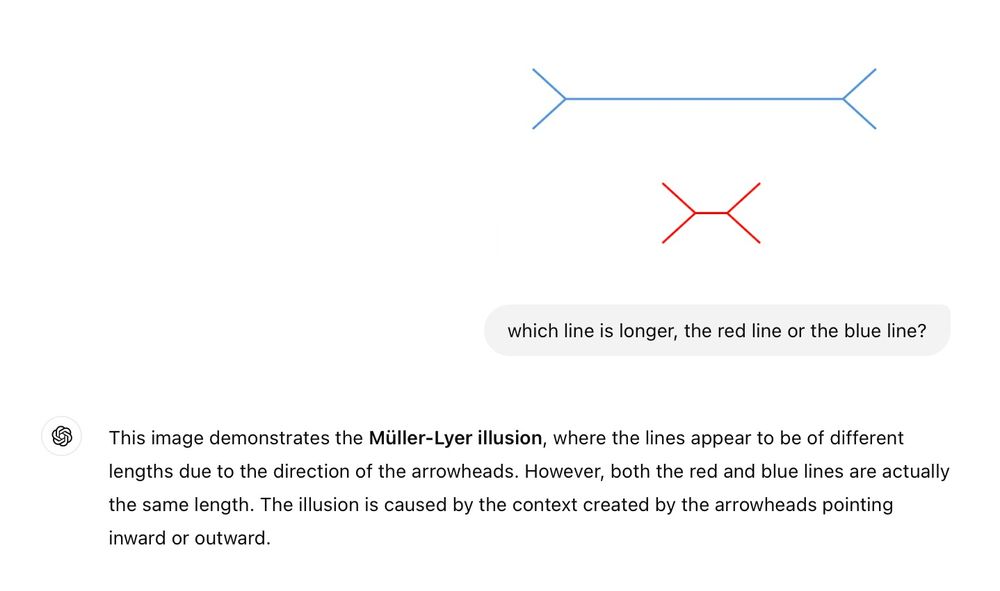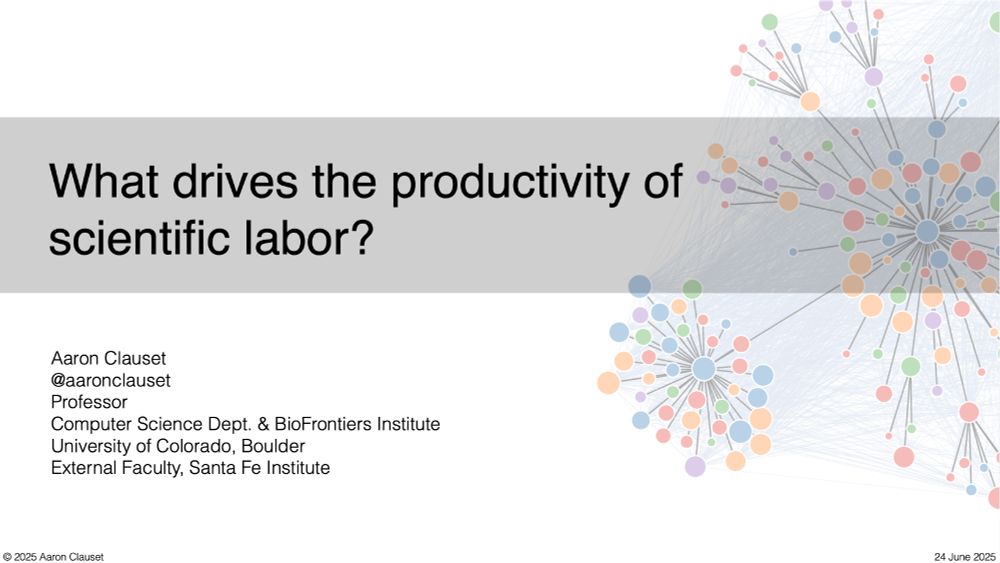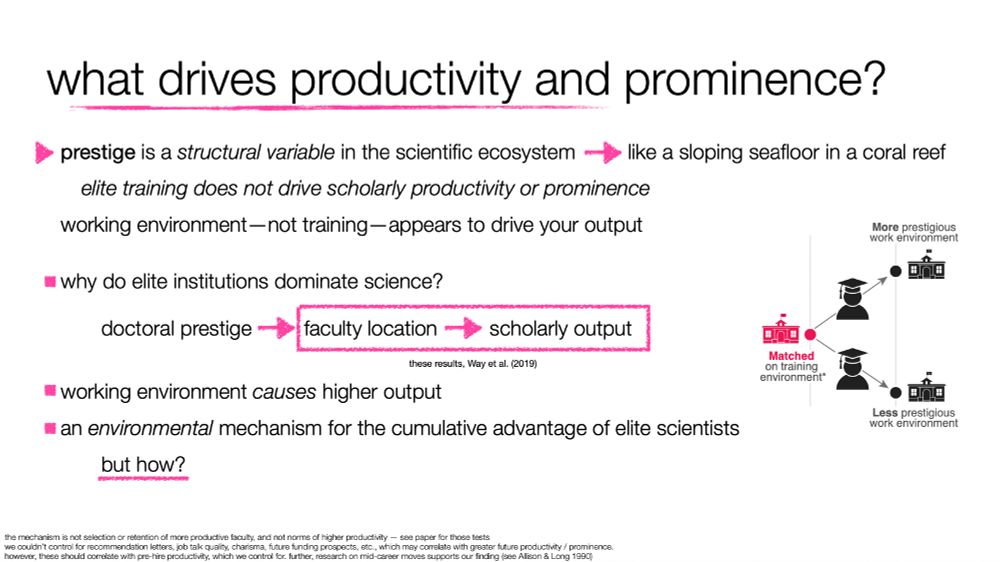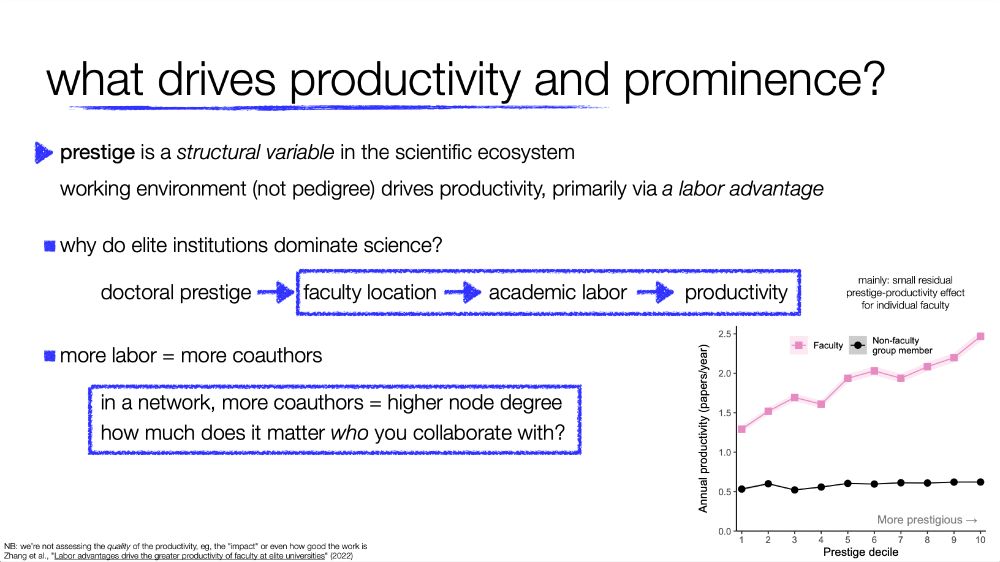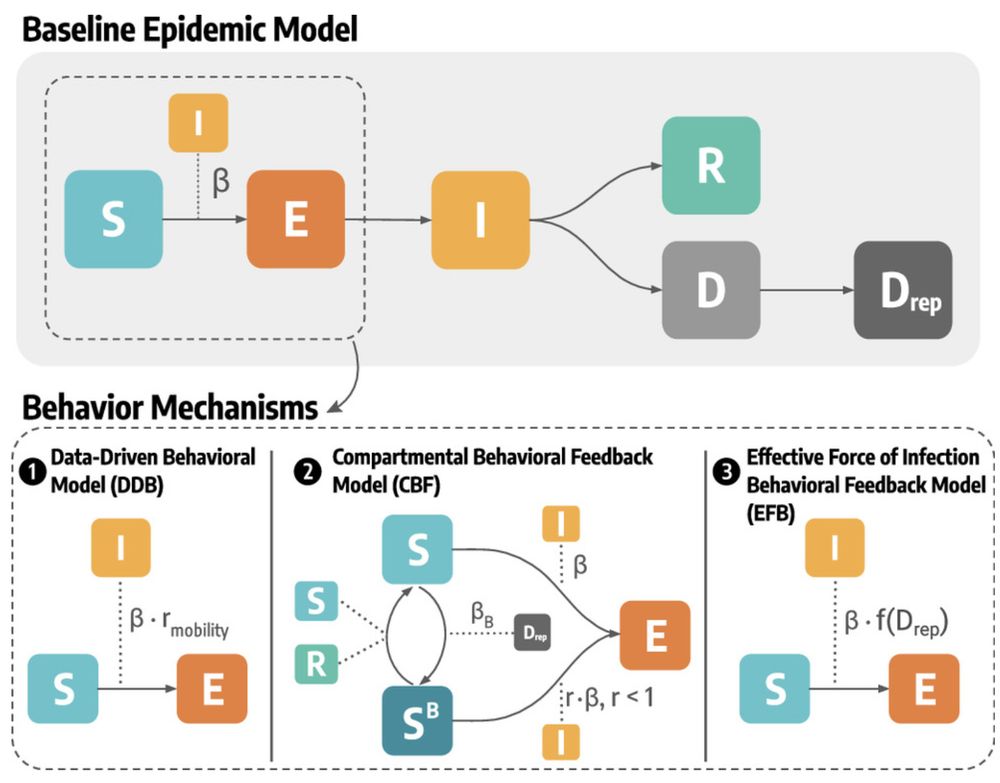Justin Yeung
@justinyinnl.bsky.social
74 followers
110 following
32 posts
PhD student @ Network Science Institute London working on human interactions dynamics and cognitive science
Prev. Oxford Internet Institute and ASCoR 🇬🇧🇳🇱
Posts
Media
Videos
Starter Packs
Justin Yeung
@justinyinnl.bsky.social
· Sep 1
Justin Yeung
@justinyinnl.bsky.social
· Sep 1
Reposted by Justin Yeung
Reposted by Justin Yeung
Takayuki Hiraoka
@takayukihir.bsky.social
· Aug 27

Hierarchical organization of bursty trains in event sequences
Temporal sequences of discrete events that describe natural and social processes are often driven by non-Poisson dynamics. In addition to a heavy-tailed interevent time distribution, which primarily c...
arxiv.org
Justin Yeung
@justinyinnl.bsky.social
· Aug 27
Reposted by Justin Yeung
Justin Yeung
@justinyinnl.bsky.social
· Jun 17
Justin Yeung
@justinyinnl.bsky.social
· Jun 17
Reposted by Justin Yeung
Justin Yeung
@justinyinnl.bsky.social
· Jun 12
Justin Yeung
@justinyinnl.bsky.social
· Jun 12
Reposted by Justin Yeung
Justin Yeung
@justinyinnl.bsky.social
· May 15
NetScience
@netscience.bsky.social
· May 13

Garbage in garbage out? Impacts of data quality on criminal network intervention - EPJ Data Science
Criminal networks such as human trafficking rings are threats to the rule of law, democracy and public safety in our global society. Network science provides invaluable tools to identify key players a...
epjdatascience.springeropen.com
Reposted by Justin Yeung
Reposted by Justin Yeung
Tomás Dodds
@tomasdodds.bsky.social
· Feb 14

Knowledge Silos as a Barrier to Responsible AI Practices in Journalism - Institute for Advanced Study IAS
Tomás Dodds, Assistant Professor in Journalism and New Media, Leiden University, is a new fellow at IAS. During his kick-off event, he will explore the concept of 'knowledge silos' in news organizatio...
ias.uva.nl
Reposted by Justin Yeung
Tomás Dodds
@tomasdodds.bsky.social
· Feb 8

Knowledge Silos as a Barrier to Responsible AI Practices in Journalism? Exploratory Evidence from Four Dutch News Organisations
The effective adoption of responsible AI practices in journalism requires a concerted effort to bridge different perspectives, including technological, editorial, and managerial. Among the many cha...
www.tandfonline.com
Reposted by Justin Yeung

